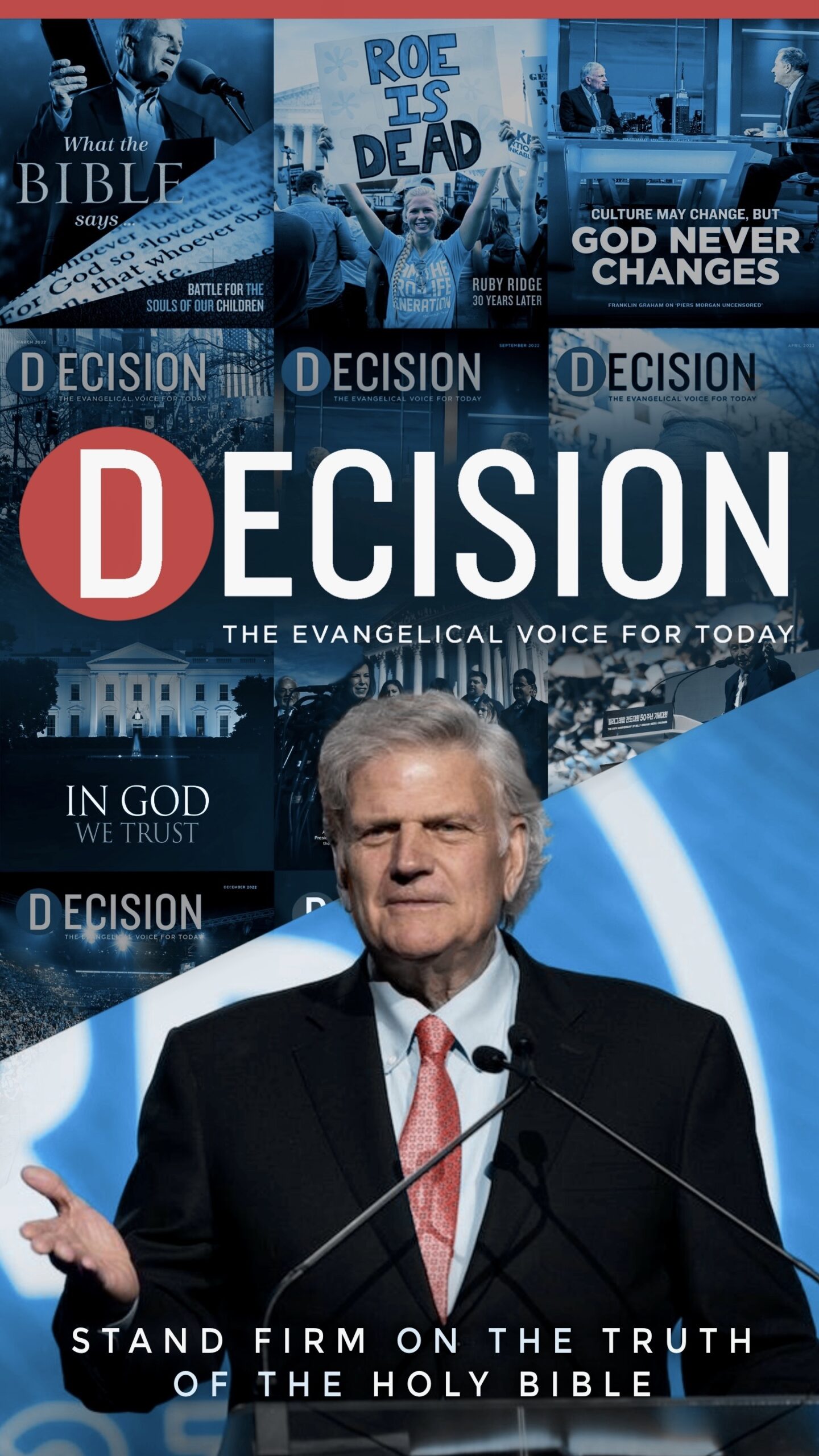One doesn’t have to live long in this world to recognize that it’s a groaning creation, “red in tooth and claw.” Animals eat one another, parasites infect and slowly kill their hosts, and natural disasters wreak havoc with no regard for life or property. Why is it like this? Well, the Bible gives us the answer—but Christianity Today magazine (not surprisingly) doesn’t like that answer!
Where Does Natural Evil Come From?
In a recent cover story for Christianity Today, John R. Schneider, professor emeritus of theology at Calvin University (sadly a university that compromises God’s Word in Genesis), laid out the problem of a groaning creation and animal suffering with a personal story about his dog, stating:
Modern science tells us that heartworm is just one source of animal suffering in nature among scores of others. Together, they confront Christians with a disquieting question: How could such horrific suffering exist within the good creation of the omnipotent, omniscient, and morally perfect Christian God? How to answer this question has become the center of intense controversy among leading Christian and non-Christian thinkers of our time.
Yes, this is a problem many have and continue to struggle with, even, as he notes, rejecting God because of it. But pay attention to Schneider’s next statement:
It was not always so. Premodern Christian theologians did not find this question hard to answer. Most major Christian thinkers taught that the causes in nature that harm human and nonhuman beings did not exist until the first human beings sinned against God. Predation, disease, deadly parasites (like heartworm), and violent terrestrial events were viewed as products of the Fall (Gen. 2–3). But revolutionary new developments in the natural sciences have made it difficult to accept that traditional answer. (emphasis added)
And what are those developments? Well, I think you can probably guess what he’s going to say:
In the 18th and 19th centuries, pioneering geologists made an unexpected discovery that still causes consternation among Christians. The unveiling of an unfathomably long epochal, prehuman history of animals calls the chronology of creation in Genesis into question. More importantly, though, it seems to subvert the traditional explanation that savagery among animals originated as a consequence of the Fall.
According to ancient rocks and fossils, predation and other sources of animal pain reach back seamlessly throughout the entire prehuman history of species as they gradually evolved. Recent studies of amber from the Cretaceous period (150–70 million years ago) provide perfectly preserved specimens of biting flies, ticks, mosquitoes, a host of parasitic worms (ancestors of the heartworm), microbial diseases, and viruses that preyed upon the dinosaurs, afflicting them with horrific physical harm that possibly hastened their demise.
The additional discovery that successive cataclysmic mass extinctions of entire biomes of species have occurred periodically on Earth further complicates Christian explanation for animal pain. It seems that 99 percent of all species that ever existed are now gone, most without so much as a genetic trace left in the genomes of species existing now. On the surface, this sequence of catastrophes, followed by evolutionary restarts, does not exactly evoke a sense of divine providential design.
A third development in science makes it still harder to discern the Divine in both the history of animals and the conditions of their existence in nature now . . . during hundreds of millions of years, the law of natural selection guided the creation of all species.
It is this relatively random, uneconomical, and inherently brutal means of creation that causes intense animal suffering. The lawlike “hand” of natural selection literally inscribes animal suffering by design into the conditions of existence for animals. Since Darwin’s time, philosophers and theologians have debated whether the God of the Bible could have employed such an inherently inefficient and brutal means of creation.
Yes, as I’ve pointed out many times—the god of evolution is an ogre who used a wasteful, brutal process to create life and the universe! At least Schneider is honest about what the evolutionary story means for theology (though, of course, he goes on to invent a way to explain evolution and a loving God).
“It Was Not Always So”!
Now in light of all of that he just said about the problem of natural evil, let me repeat his former statement about the historic Christian position on this:
It was not always so. Premodern Christian theologians did not find this question hard to answer. Most major Christian thinkers taught that the causes in nature that harm human and nonhuman beings did not exist until the first human beings sinned against God. Predation, disease, deadly parasites (like heartworm), and violent terrestrial events were viewed as products of the Fall (Gen. 2–3). But revolutionary new developments in the natural sciences have made it difficult to accept that traditional answer. (emphasis added)
In other words, Christians down through the ages have recognized that the Bible gives us the answer to a groaning creation: our sin! God created a perfect world (Genesis 1:31), free from death, suffering, and disease. But mankind sinned against God. Because man was given dominion over creation, when Adam fell all of creation was cursed (Genesis 3:17) and now groans, awaiting liberation (Romans 8:22). But Schneider must reject the biblical, and historic, explanation for animal suffering because of “revolutionary new developments in the natural sciences.” In other words, God’s Word is not his ultimate authority—man’s ideas are, and he will subject the Bible to man’s ideas!
A Convoluted Theology or Clear, Simple Biblical Truth?
This is a major problem within so much of the church and Christian education. Instead of starting their thinking on the authority of God’s Word, so many professors, theologians, and pastors start with man’s ideas—evolution and millions of years—and then reinterpret the Bible’s clear teaching because of these ideas. This means God is not the ultimate authority—sinful, fallible mankind is the authority over God’s Word! This must not be so!
Because he rejects the Bible’s clear teaching on natural evil, Schneider must instead come up with a convoluted theology of God as an artist who, using his creative license, can use both good and evil, beauty and ugliness, to create and to showcase his redemptive purposes. He summarizes his view, which he derives from Romans 8 (with a complete disregard for Genesis chapters 1–3, among other relevant passages—remember a key principle of biblical hermeneutics is to interpret Scripture with Scripture because Scripture will never contradict itself), as follows:
It seems that Paul envisioned the entire history of creation and redemption as a work of art, in which God has deliberately included evils in order to defeat them by means of mercy that unifies and vindicates the finished messianic whole.
No, God did not “deliberately include evils” in his original creation—he specifically tells us his creation was “very good” (Genesis 1:31). And the God who calls death “the last enemy” (1 Corinthians 15:26) and promises to rid the new creation of death, suffering, disease, pain, and tears (Revelation 21:4) wouldn’t call such things “very good.” It goes against his very character!
Instead of inventing convoluted ways of trying to explain natural evil, let’s start with God’s Word and build a truly biblical worldview . . . from the very first verse.














